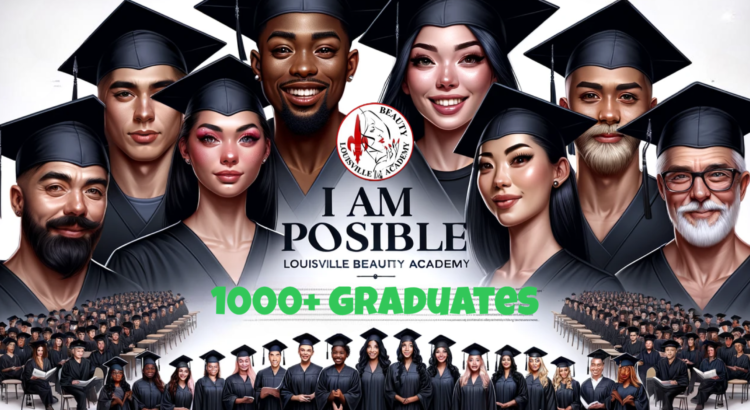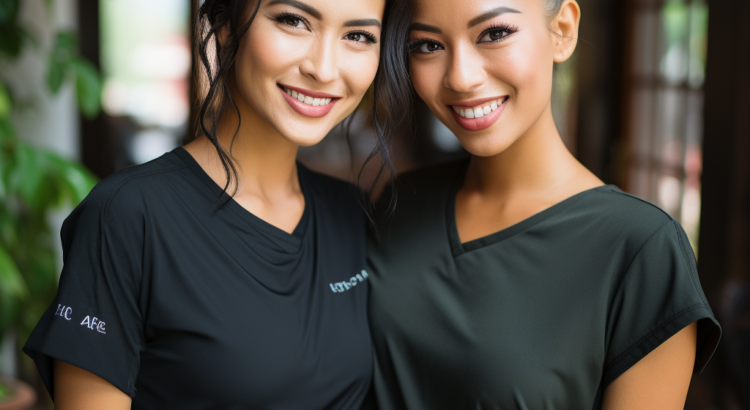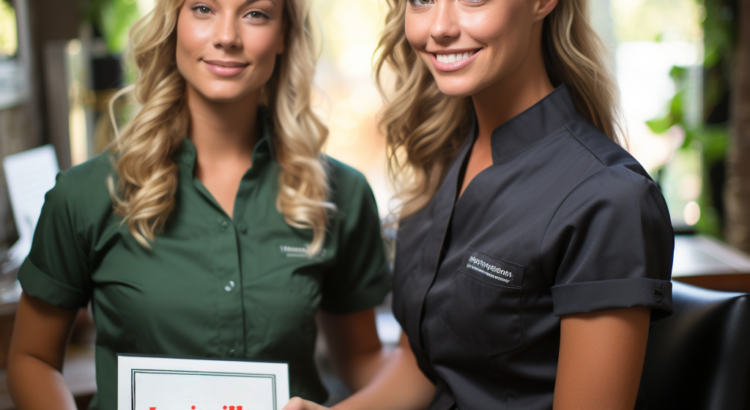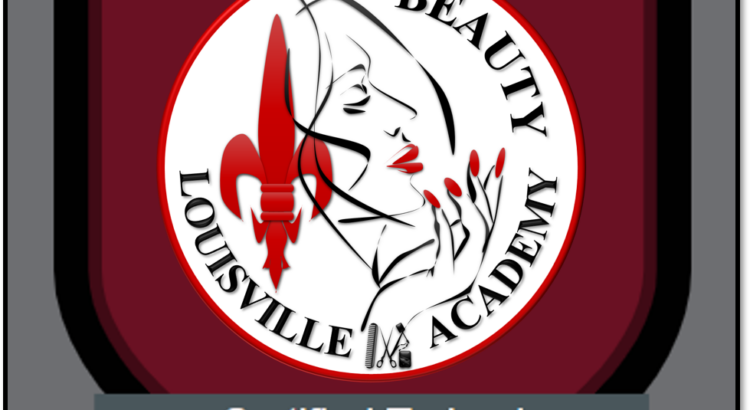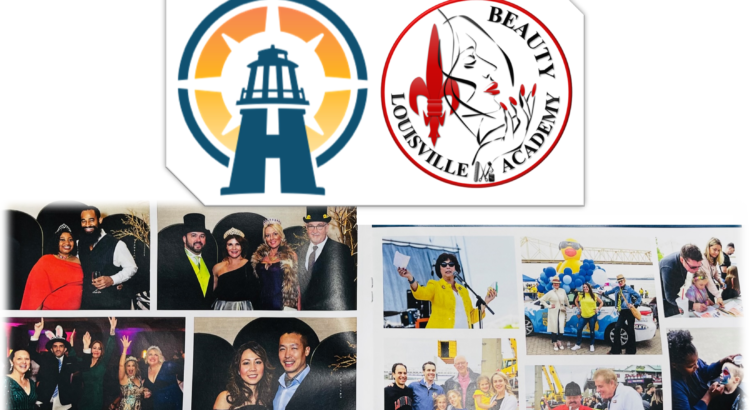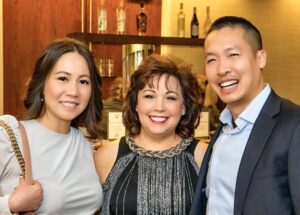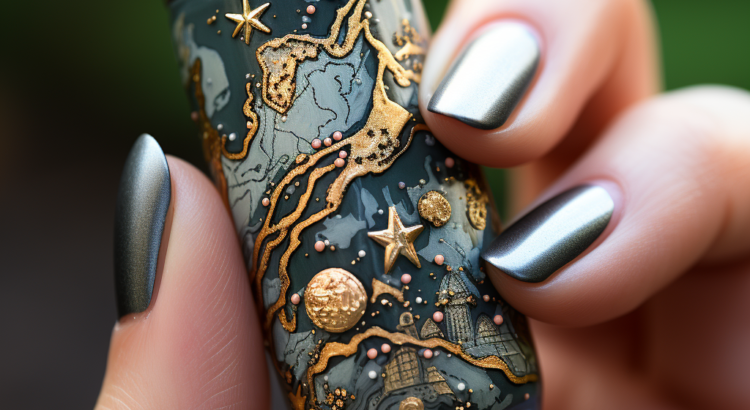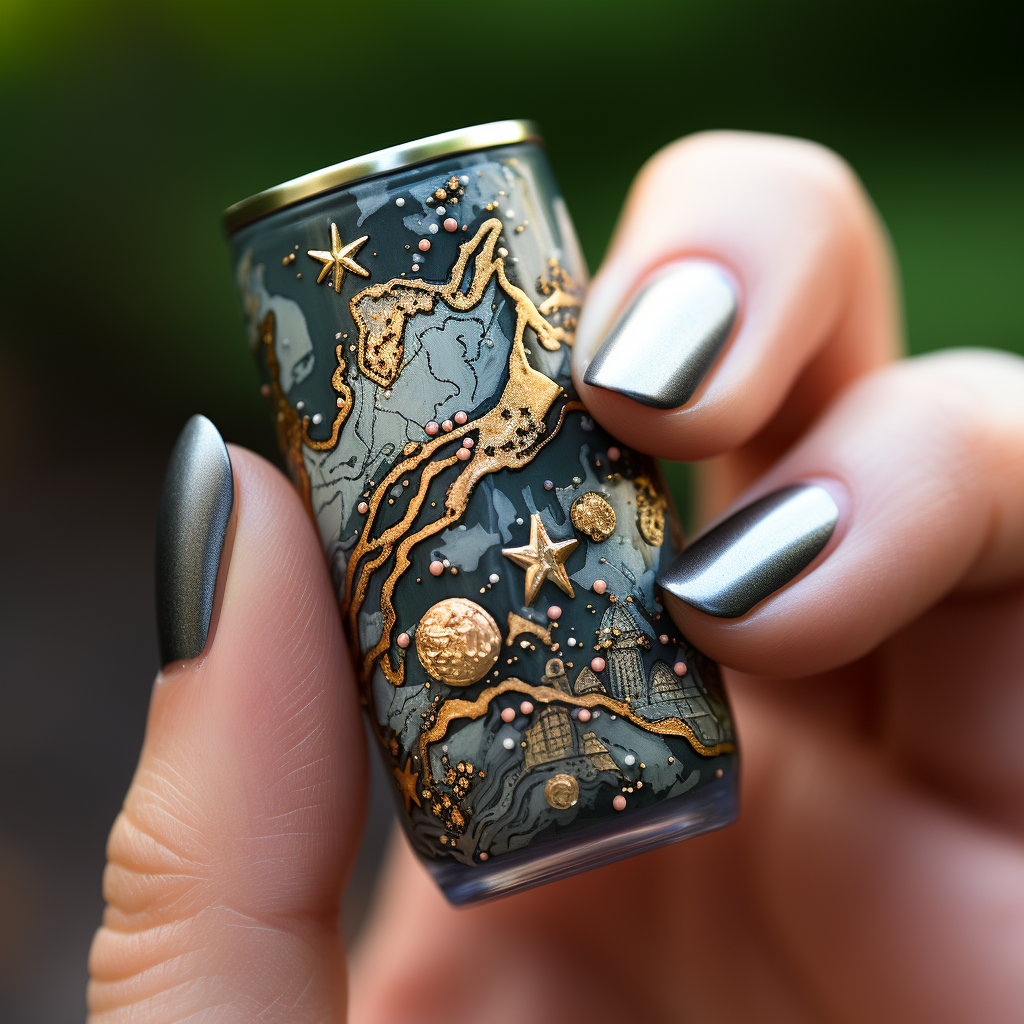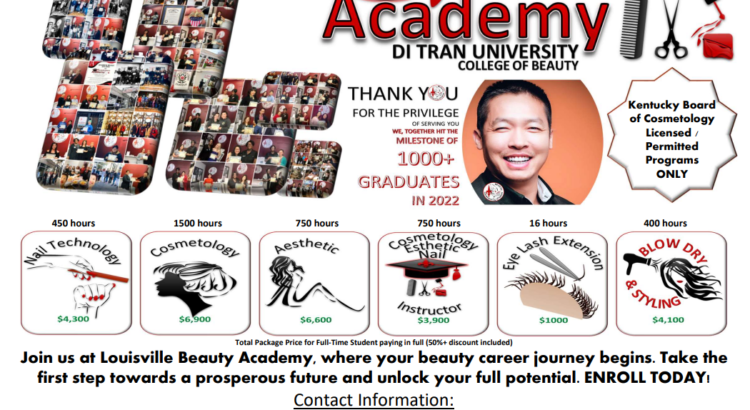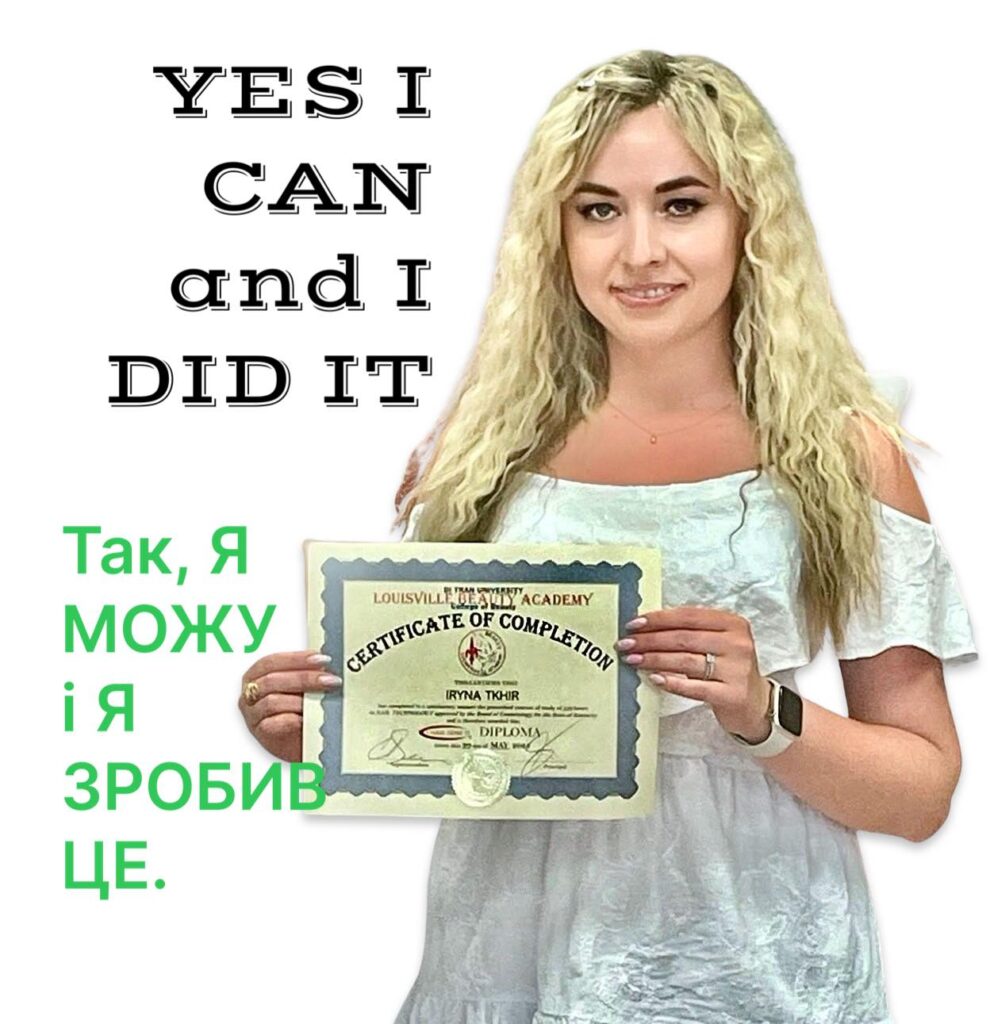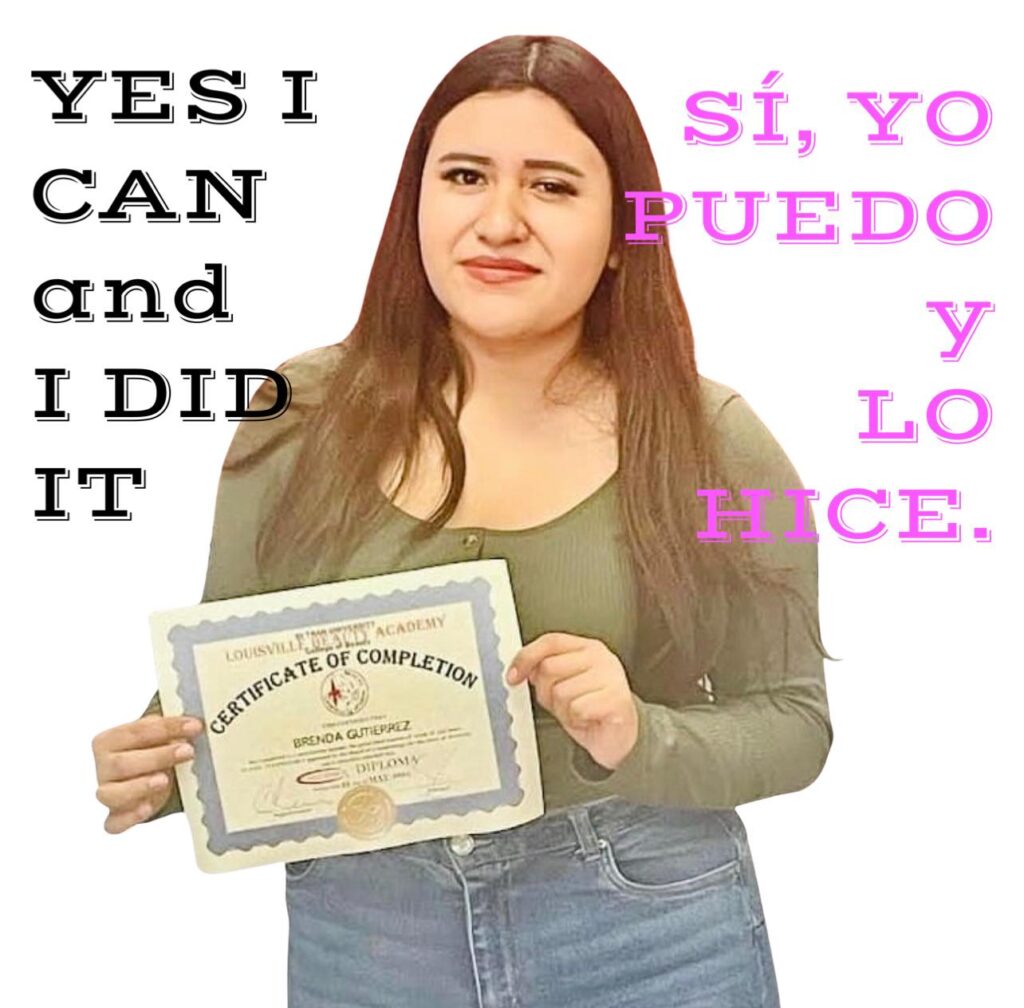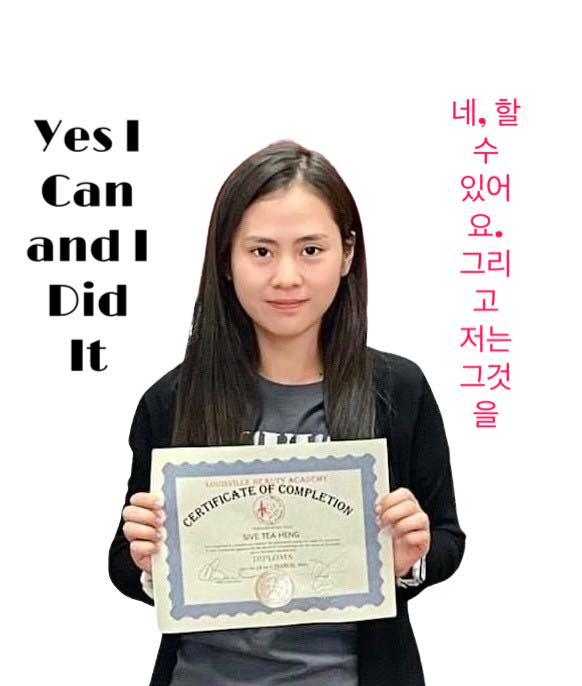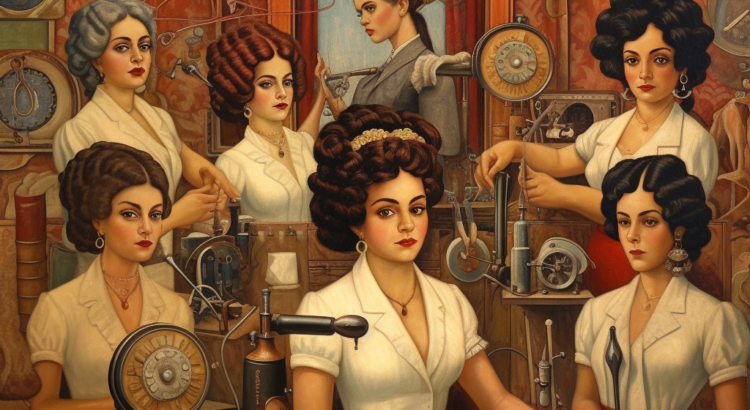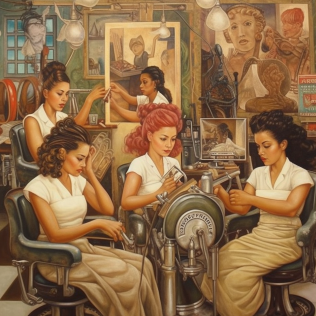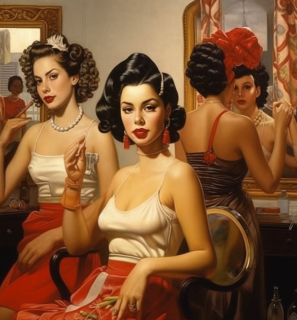At the core of Louisville Beauty Academy’s esteemed reputation lies a profound educational philosophy that extends beyond the realms of beauty. This institution stands out not just for its expertise in Cosmetology, Nail Technology, Esthetics, Blow and Styling, and Eyelash Extension, but for its commitment to instilling a transformative mindset in its students. The mantra “I AM POSSIBLE” is not merely a tagline; it is the bedrock of the academy’s ethos, emphasizing that the true essence of beauty is rooted in care, compassion, and the creation of joy.
This mindset is crucial as it underpins every interaction and service provided in the beauty industry. By cultivating an attitude that every challenge can be met with a solution, the academy prepares its students for the dynamic nature of beauty care, where client needs are as unique as the individuals themselves. The belief in “I AM POSSIBLE” equips graduates with more than technical skill; it gives them the resilience and adaptability needed to thrive in an ever-evolving industry.
Louisville Beauty Academy has intentionally woven this philosophy into its curriculum because it understands that technical prowess alone does not lead to a fulfilling career in beauty. It’s the human connection — the ability to make someone’s day better, to instill confidence, and to provide care that truly marks a successful professional.
The mindset of “I AM POSSIBLE” is about shattering limitations and fostering an environment where students see opportunities instead of obstacles. It’s about nurturing a spirit of innovation and entrepreneurship, which is why so many of the academy’s alumni have gone on to become leaders, business owners, and trailblazers in the beauty sector.
The academy’s focus on this mindset stems from a recognition that its students are not just future beauty practitioners but ambassadors of a philosophy that can enrich their lives beyond the salon. In adopting “I AM POSSIBLE”, students learn to apply this positive outlook in all aspects of life, transforming challenges into victories both personally and professionally.
In essence, Louisville Beauty Academy doesn’t just produce beauty professionals; it shapes visionary individuals who approach life with a can-do attitude, ready to make a difference in the world, one smile at a time.
